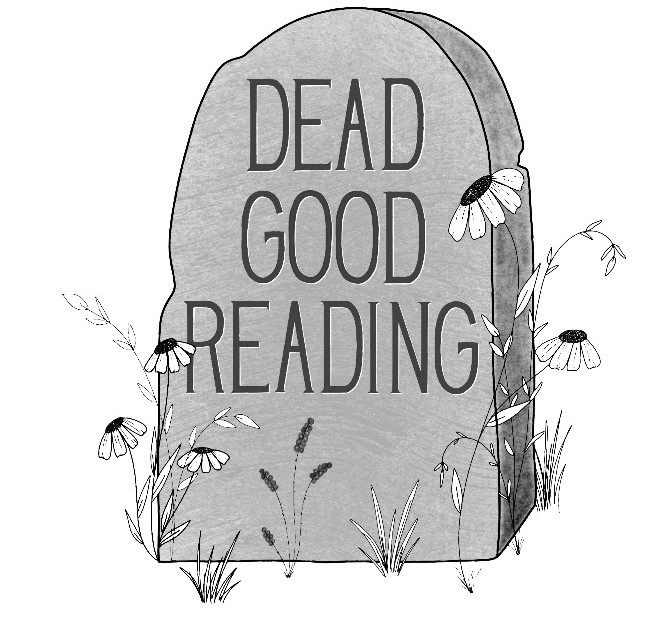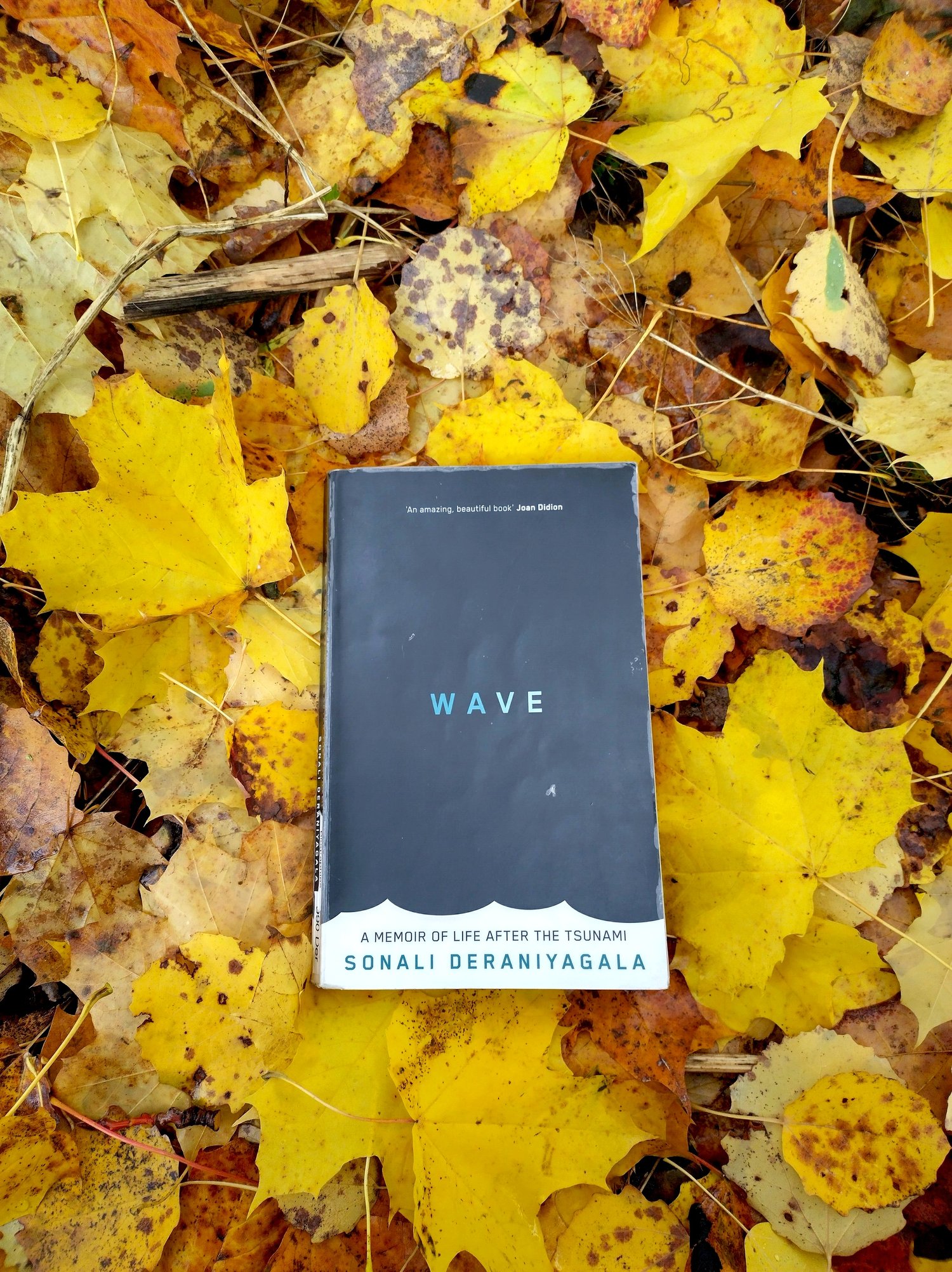I have always found the seaside to be very peaceful. Summer days spent at the beach, reading books and going for a dip every now and again. One of my last holidays pre-pandemic was to the island of Madeira, and staring into the water, watching the seemingly never-ending ocean was really soothing, and something I could spend hours on end doing. The body of water that covers the earth is a powerful one, and while it can offer serenity, a lovely day out, and for many their livelihoods, with its strong currents and big waves, the sea can equally be a seductive trickster that takes lives.
December 26, 2004, is the date the word tsunami entered my vocabulary and has sadly since been repurposed by right-wing politicians in the Netherlands not referring to a large body of water. For Sonali Deraniyagala this was the day this massive wave killed her parents, her husband and her two sons. She miraculously survived, and the book Wave: a memoir of life after the tsunami describes her story. How do you make sense of such a disastrous loss? How do you cope with such an immense grief compounded with survivor guilt?
The Sri Lankan born author had returned to this country during the December holidays, to spend time with her family. December 26 had started like any other, and her sons had been enjoying their Christmas presents. She was preparing to leave the hotel to return to her parents’ house for the remainder of the holiday. Her parents stayed in the same hotel. When she started to get suspicious of the sea, Deraniyagala and her family rushed to a jeep outside. Not warning her parents in the room next door is a memory that will probably haunt her for the rest of her life.
The current Finnish president, Sauli Niinistö, also survived the Indian Ocean tsunami by climbing in a tree. As Lucy Easthope said in When The Dust Settles, there are so many positive happenstances that people label as coincidental, but generally people find it more difficult to understand why they were present during a disaster. Why Niinistö and Deraniyagala survived whilst others die is a question that can drive a person crazy.
“I heard voices. Distant at first, then close. It was a group of men, shouting to each other in Sinhala. They couldn’t see me, or me them. One of them said, “Muhada goda gahala. Mahasona avilla” The ocean had flooded. Mahasona is here. Mahasona. I knew the word, but what was he saying? I had last heard that word when I was a child and our nanny told us stories about ghouls and demons. Mahasona, he is the demon of graveyards. Even in my complete bewilderment, I understood. Something dreadful had happened, there was death everywhere, that’s what the man was shouting about”
— Deraniyagala (2013, page 12).
Particularly in the first chapters of the book, Deraniyagala is grappling with the fact that she is still alive, wondering why she is not dead, and thinking of a myriad of ways that she could take her own life. For those struggling to read about suicidal ideation this can be a hard read.
There is a magical thinking that runs through the book; Deraniyagala both remembering fond memories of the past, as well as imagining her sons’ lives unfold as if they never died. What they would say or do, had they had the chance to grow older. But they will always be the little boys Deraniyagala lost that dreadful December day. Deraniyagala reflects on the loss of her children, her parents and her partner and the person she was in relation to them, and how she has completely come undone because her people are no longer alive.
Wave is a profound memoir that vividly shows the long-term ramifications of traumatic loss and sudden death. Deaths that Deraniyagala most likely never will ‘come to terms’ with. Deraniyagala wrote the book in 2013, and I do hope that in the decade since writing this book, she has been able to enjoy live a bit more, and has found purpose again in this world. Wave is an honest account of the messiness and the pain of losing the people dearest to you, and how you might be forever lost at sea when a single wave changes the course of your life forever.


Leave a Reply